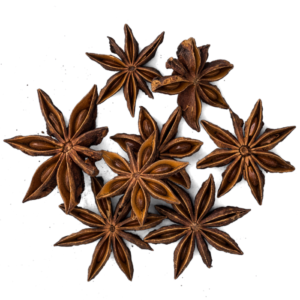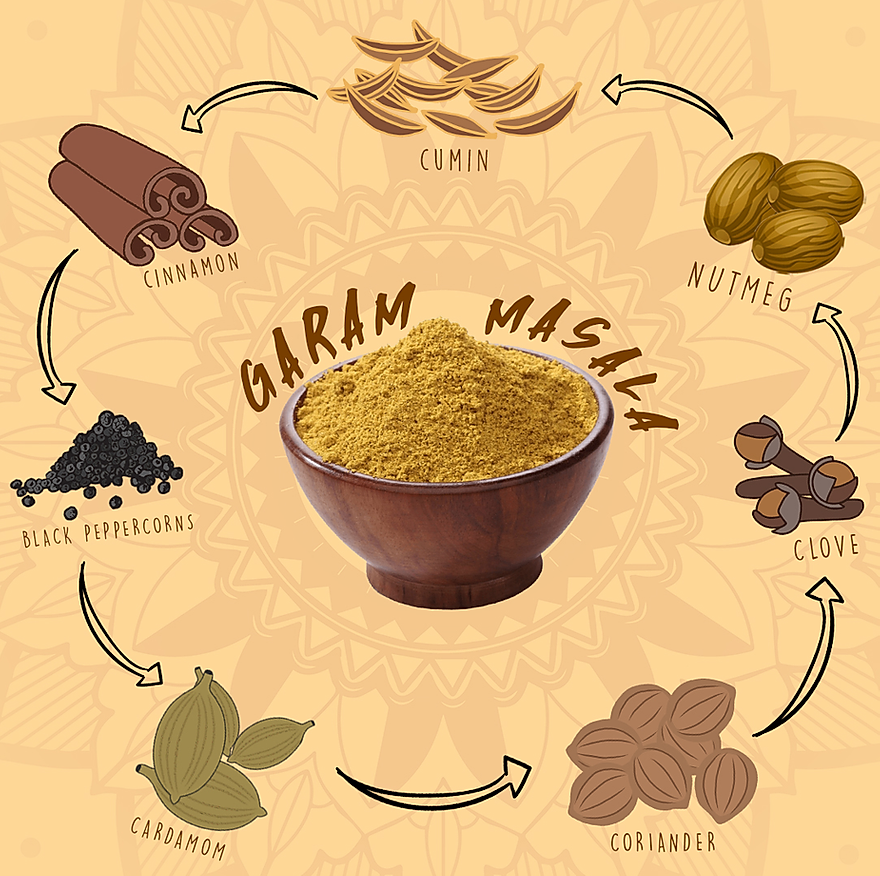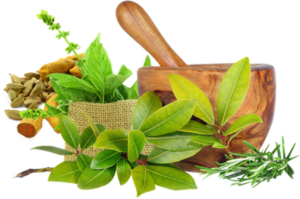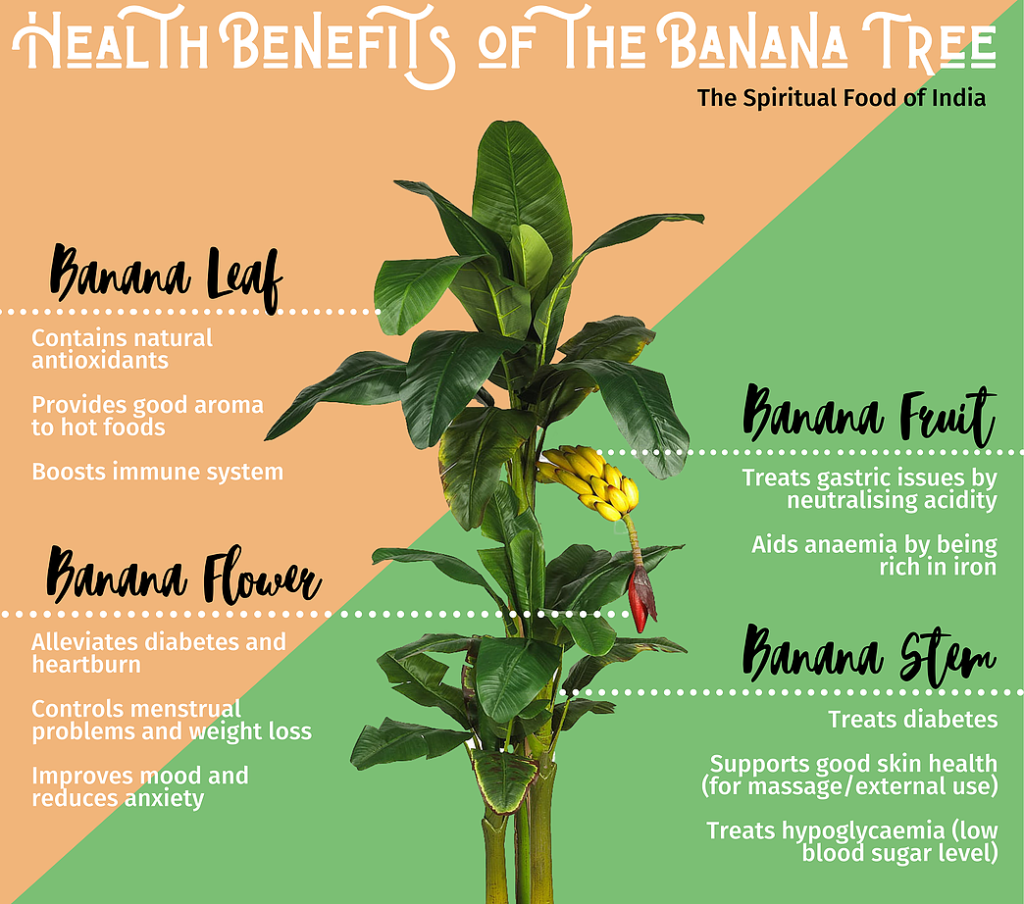Written by: Ilyana Insyirah, Ayunie Norazman & Natasha Selvan
Indians are one of the main ethnic groups in Singapore with its cuisine being an essential part of the Singaporean food scene. Despite being so prominent, many Singaporeans, including the Indians, are still unaware that the common “Indian food” widely available across the country has been localised to suit the general population’s taste buds. People still think that it is dishes like Thosai or Butter Chicken Masala that make up Indian food, but that is a far cry from what it really is.

So what then is authentic Indian cuisine?
Indian food is a sensational blend of flavours, colours and aromas. There are two different kinds of Indian food: South Indian and North Indian. South Indian food is renowned for its blend of rice and lentils while North Indian food is distinguished by its spicy and creamy gravies served alongside staples like Naan and Roti.
Indian food prides itself with its intense flavourings through the various spices used in their dishes. ‘Garam Masala’ is a mixture of commonly used spices in Indian cooking.

Bay leaves and mint leaves are also some of the commonly used herbs to enhance flavours. Dahi (yogurt) is often served alongside meals to help counter spiciness.
Being geographically located in between the Pacific and Indian oceans, Singapore became a busy trading port in 1819. Indian merchants crossed the sea over to Singapore to trade spices, while those who settled in the sunny island greatly, and tastily, influenced the Singapore cuisine. When Indian cuisine was first introduced in Singapore, it mainly consisted of legumes, vegetables, fruits, grains, dairy products and honey — a vegetarian-like diet.
This is not surprising considering India has the world’s largest number of vegetarians. The culture of a vegetarian-based diet started in the early sixth century in North India and gradually made its mark in every state in India. India’s adherence to vegetarianism has been thought to be associated with Ayurveda – a native Indian traditional system of medicine.
ayurvedic beliefs.
The famous Ayurvedic proverb indicates, “When diet is wrong, medicine is of no use; when diet is correct, medicine is of no need.”

A great emphasis of Ayurveda is diet, as the human body is viewed as the product of food. The known fact is that nutrients are absorbed by the body from food through digestion, but Ayurveda transcends that and has a deeper understanding of life, food and body. Ayurveda sees mind, body and spiritual imbalance as a disease and there are many Ayurvedic treatments for various illnesses.

A symbolic food used in Indian vegetarian food is the banana. It is used as a “prasada”, which means spiritual food. All parts of the banana plant can be used in cooking and it has a great range of different health benefits. Indian dishes such as Idli (Steamed rice cakes), Bale Dindina Palya (Banana Stem Stir-fry) and Vazhai Poo Poriyal (Banana flower fry) are cooked using parts of the banana plant.
Today, there is only one restaurant in Singapore that serves Ayurvedic herbal vegetarian Indian Cuisine – Greenleaf Cafe. It is apparent that authentic Indian food is slowly, but surely vanishing from Singapore’s ever-growing gastronomy. Vegetarianism has long been a part of the Indian food culture. It is the heart of Indian Cuisine. The authenticity and traditionalism of this culturally-rich cuisine lies further into history.
THE PRESENT & FUTURE.
Out of the multitudinous forms of vegetarianism, Indians are primarily ‘lacto-vegetarians’. This means to practice a diet with the absence of meat, poultry, fish, or eggs, only consuming plant and dairy based products. While Indians do not explicitly prohibit the meat-eating culture, a significant proportion used to and still practice ‘Ahimsa’ – the concept of non-violence against all life forms including animals. Indians used to believe in a diet that was in harmony with nature and as well as other life forms.
Today, vegetarianism is a diminishing part of Singapore’s food culture in the midst of cultural divergence. ‘Maranthathum, marainthathum’, which directly translates to ‘the forgotten and hidden’, is a famous Indian proverb which aptly describes the state of vegetarianism today.

The Indian food that Singaporeans are familiar with today are just some of the most prominent Indian dishes in Singapore. However, there is more to it than just run-of-the-mill Indian food. The knowledge Singaporeans hold regarding Indian cuisine is worrying, leaving its significance unexplored. The notion of authentic Indian cuisine in Singapore will relentlessly fade away if not preserved and appreciated.
So now, what comes to your mind when someone says Indian Cuisine?




